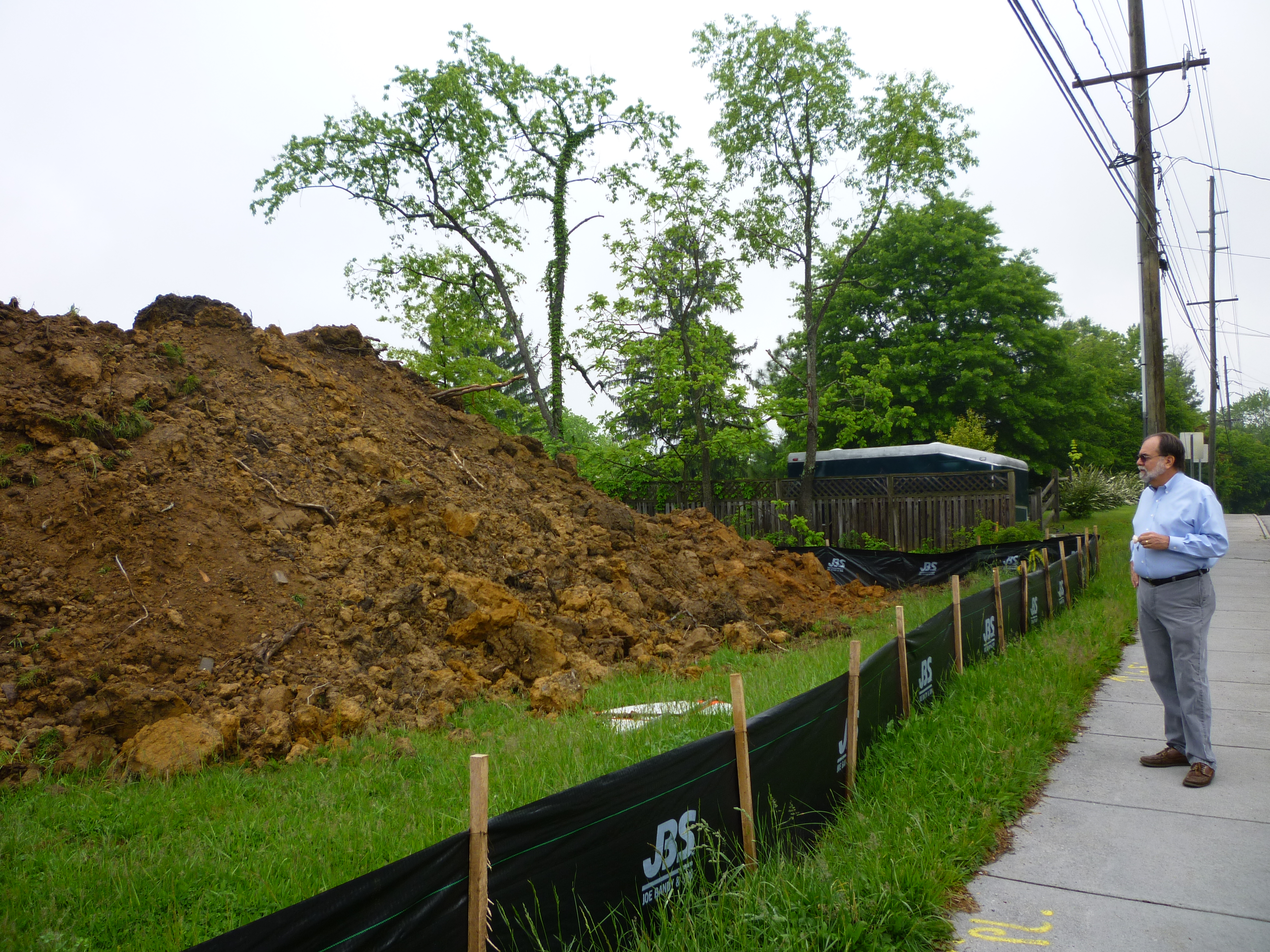Virginia Tech hosts Ecological Society of America conference on disturbed environments

When the Ecological Society of America’s Mid-Atlantic Chapter holds its annual conference at Virginia Tech April 14 and 15, the region’s ecologists will be focusing on disturbed environments, including those altered by urbanization.
“It is indicative of the changing times that the theme of the conference is disturbed environments with a special track on urban issues,” said Susan Day, an assistant professor of urban forestry in the College of Natural Resources and Environment and the College of Agriculture and Life Sciences, and chair of the society’s Mid-Atlantic Chapter. “With almost 80 percent of the U.S. population living in urban areas, it is vitally important that towns and cities are healthy places to live. Land use change through urbanization is changing how ecosystems function.”
Even small, fragmented islands of forest in urban areas can have a positive effect, according to keynote speaker Greg Shriver, an assistant professor in the University of Delaware’s Department of Entomology and Wildlife Ecology. Shriver, who will present the results of a large-scale urban forest fragmentation study, has also published recent papers on the effect of traffic noise on forest birds and the impact of native plants on biodiversity in suburban landscapes.
“Within the New England and Mid-Atlantic regions, there are more than 10,000 urban forest fragments of less than 50 acres each that provide habitat for a wide range of biological diversity and are important breeding sites for neotropical migrant birds,” Shriver said. “The management of these small but important forest patches will play a pivotal role in the conservation of high-priority species, like the wood thrush.”
“I am working with fellow researchers on a Forest Fragments in Managed Ecosystems study to advance understanding of how important these small urban forests are to maintaining biodiversity as well as ecological services that relate to human health, such as producing oxygen,” Shriver explained.
Another featured speaker, Michael Wolosin of the consulting firm Climate Advisors, will share a broad overview of current U.S. climate policies, delve into related ecological studies, and envision scenarios of the future.
Virginia Water Resources Research Center Director Stephen Schoenholtz will provide an overview of the conference’s special topic — mountaintop removal mining — and its impact on terrestrial and aquatic ecosystems.
Schoenholtz, a Virginia Tech professor of forest hydrology and soils in the College of Natural Resources and Environment, will also give a synopsis of efforts to minimize and mitigate these impacts. Conference participants will visit the Kayford Mountain mountaintop removal site in West Virginia.
“In our rapidly changing world, disturbance is a fact of life, whether from urbanization, global climate change, or regional disruptions such as mining or major storm events,” said Day, the conference chair. “Ecological research seeks to comprehend how the environment responds to these disturbances and to understand the new environmental systems that result. This conference is a great opportunity for students and faculty to share their research.”
More than 40 institutions from throughout the Eastern U.S. will be represented at the conference, including Yale University, the University of Wisconsin, and Mississippi State University, according to Rima Franklin, an assistant professor of biology at Virginia Commonwealth University and secretary of the Mid-Atlantic Chapter. At least 200 conference participants are expected to attend the 48 concurrent presentations and featured lectures, and view more than 100 posters.
The Ecological Society of America is the country’s primary professional organization of ecologists, representing 10,000 scientists in the United States and around the world. Since its founding in 1915, the society has promoted of the application of ecological principles to solve environmental problems through the society’s reports, journals, research, and expert testimony to Congress.




